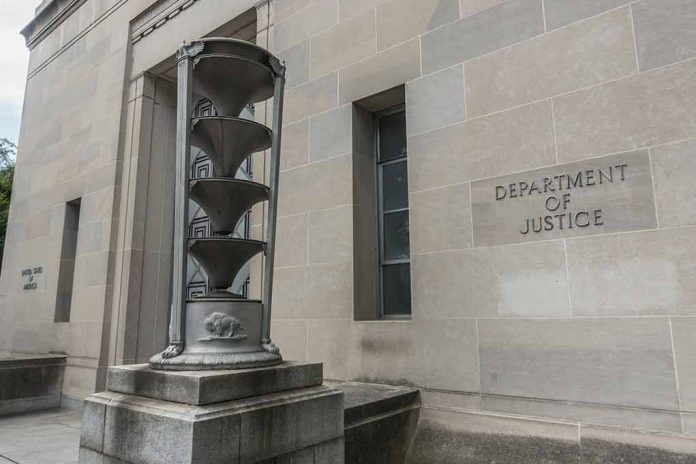
(RepublicanPress.org) – On July 15, US District Judge Aileen Cannon issued an order granting a defense motion filed by Donald Trump’s lawyers to dismiss the Justice Department’s Mar-a-Lago classified documents case. Her ruling also applied to the former presidents’ co-defendants, Waltine Nauta and Carlos De Oliveira.
Cannon’s 93-page ruling held that Special Counsel Jack Smith’s appointment as special counsel violated the US Constitution’s Appointments Clause, which mandates Senate approval for principal officers. Cannon also ruled that Smith’s use of federal funds violated the Appropriations Clause.
Cannon ruled that the proper remedy for the Appointments Clause violation was the dismissal of Smith’s superseding indictment. She wrote that she didn’t need to address possible remedies for the Appropriations Clause infraction since she was dismissing the case based on Smith’s appointment as special counsel by Attorney General Merrick Garland.
Two days later, Smith’s office filed documents indicating its intention to appeal Cannon’s ruling to the 11th US Circuit Court of Appeals based in Atlanta, Georgia.
Justice Department Moves To Appeal
On July 17, Smith filed a notice of appeal with Cannon in the US District Court for the Southern District of Florida. Jay Bratt, counselor for the special counsel, and Assistant Special Counsel David Harback, signed the notice on Smith’s behalf. The one-sentence document provided no insight into possible grounds for the appeal. However, the US Code of Criminal Procedure requires proper notice in the original court of record.
Smith has a broad range of possible reasons to challenge Cannon’s decision. For instance, he could argue that she misinterpreted previous court precedent. The Supreme Court has consistently upheld the appointment of special counsels and prosecutors, most notable in its ruling in United States v. Nixon in 1974. The court ruled that Special Prosecutor Leon Jaworski had been properly appointed as an outside counsel under federal regulations.
Cannon argued in her opinion that the Supreme Court’s ruling was unpersuasive and shouldn’t be considered as a binding precedent. She also rejected previous rulings by the lower courts upholding Lawrence Walsh’s appointment to investigate the Iran-Contra affair and Robert Mueller’s inquiry into allegations the Trump campaign had ties with Russian officials.
Similarly, Smith could argue that he serves as an inferior officer appointed by Garland, a principal officer duly nominated by the president and confirmed by the Senate.
The special counsel has several other potential claims regarding potential procedural errors, judicial overreach regarding Cannon’s decision to dismiss the US v. Nixon precedent and other untested legal theories regarding the appointment of outside prosecutors.
Copyright 2024, RepublicanPress.org







